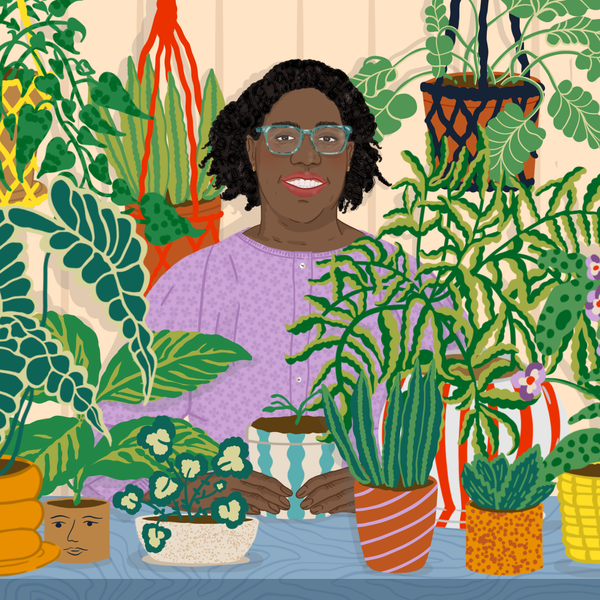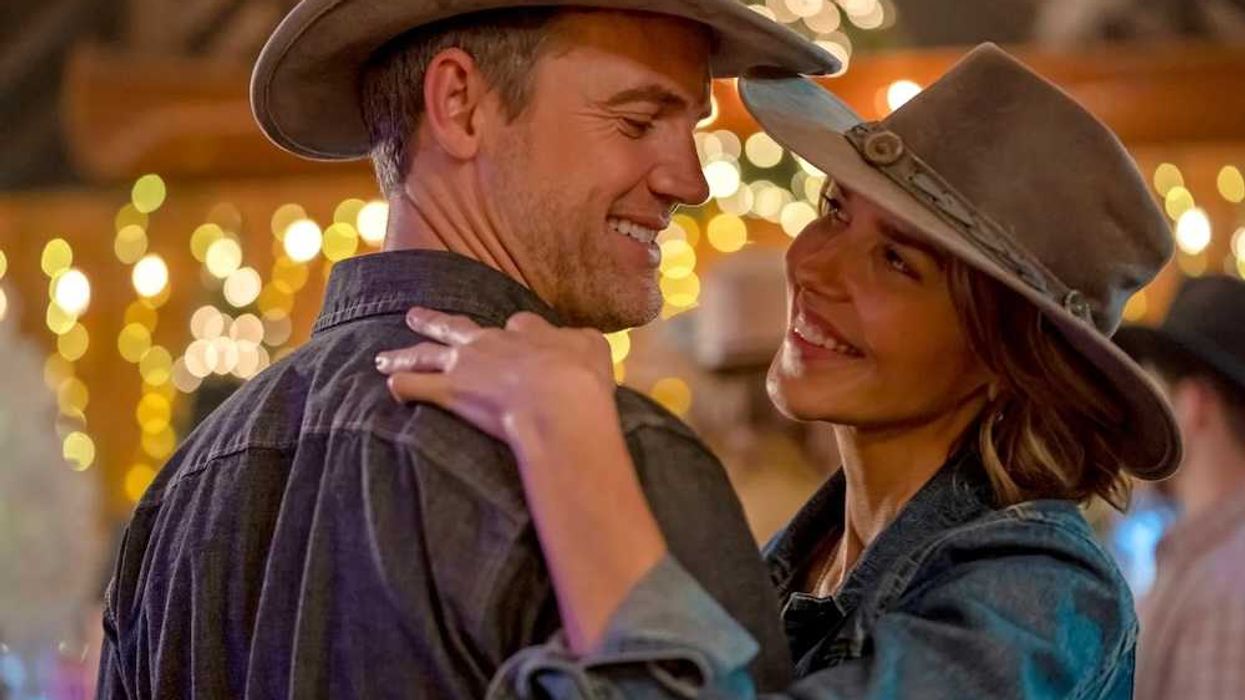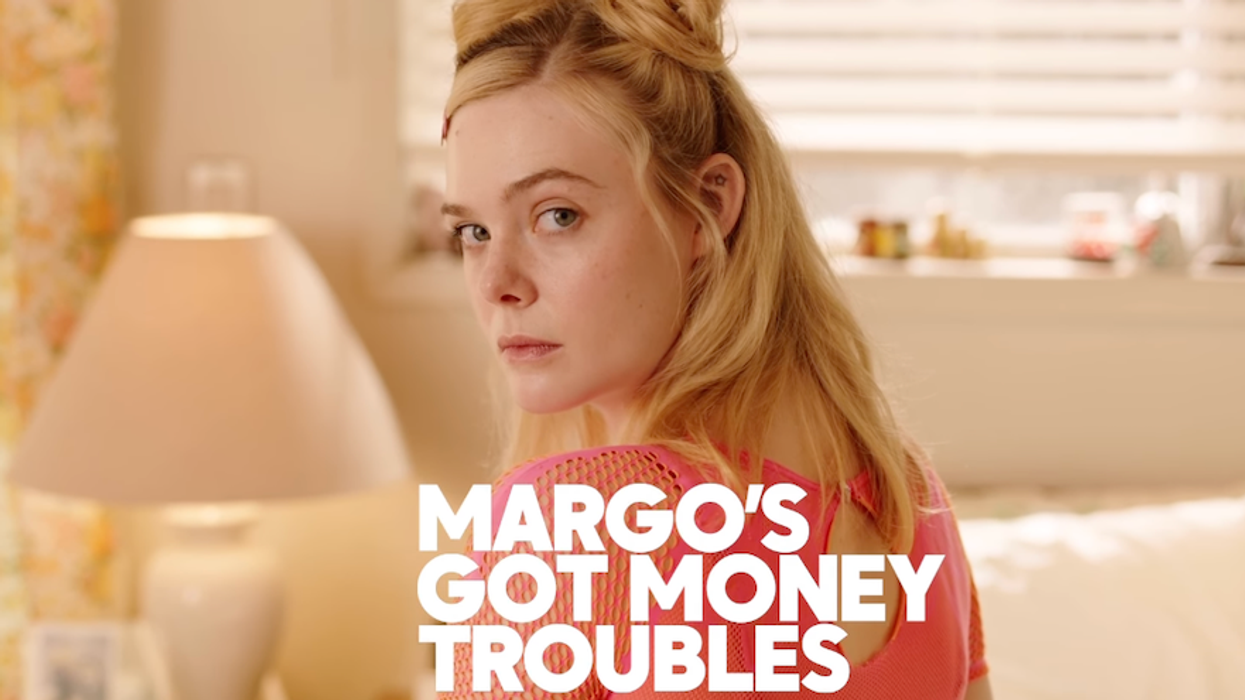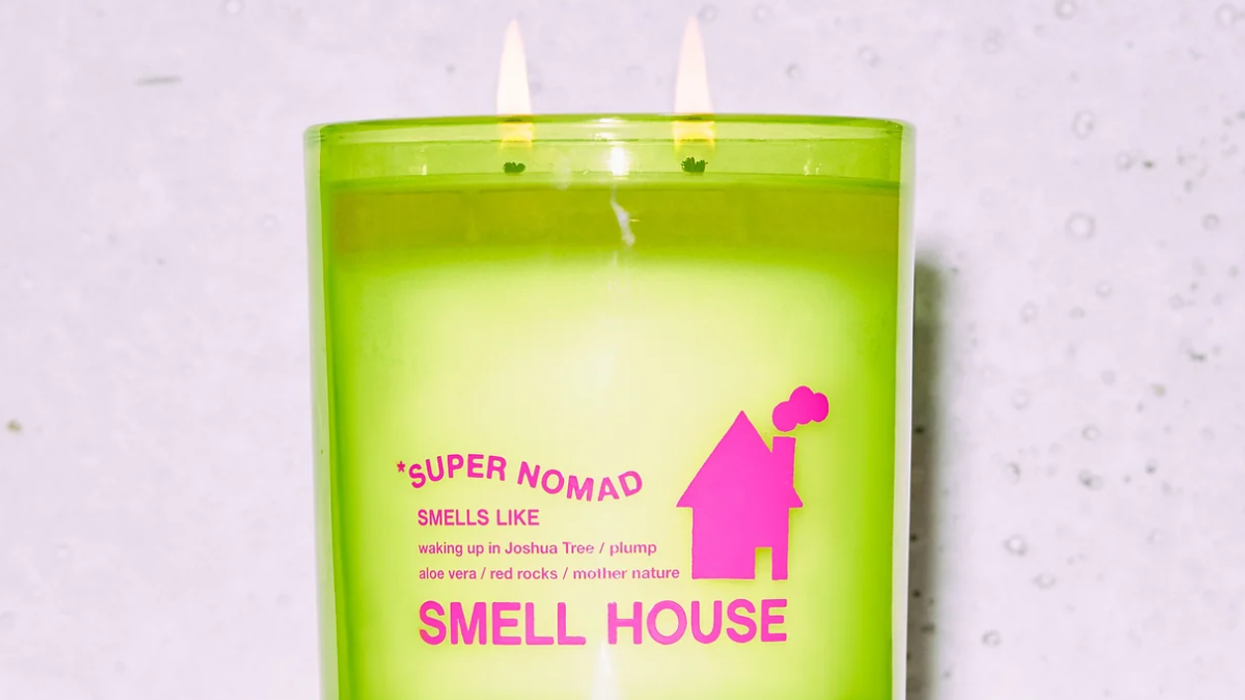Micro-schools are becoming a thing - here are ways to make it fun, educational, and even affordable.
Brit’s Playbook for Organizing a Pandemic Pod This Fall
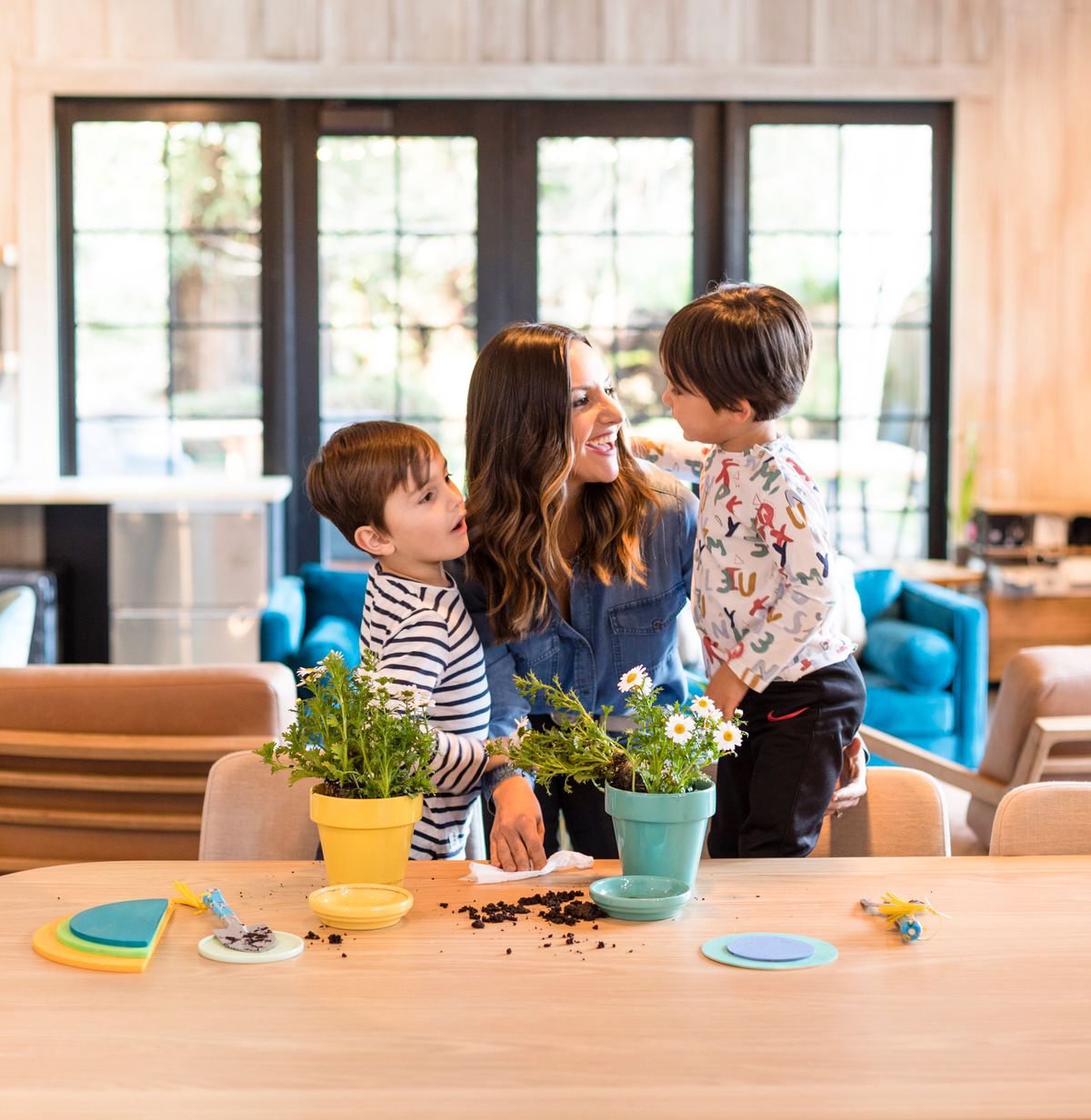
Hi, I'm Brit, the founder and CEO of Brit + Co. I'm a young mom of two, tech nerd and design-inclined lady who has a zillion hobbies and curious about... just about everything! My mission from the beginning has been to unlock women's creativity and courage to try new things so that they can find the path to their true passions.
Like so many parents, my husband and I got the news in July that our local pre-school and kindergarten would *not* reopen as normal this fall, following the guidelines of California Governor Gavin Newsom. As two working parents with two young children, we were so not prepared for this reality, but also totally down with keeping kids and teachers safe until we can get our COVID numbers down.
We didn't waste any time reaching out to families we knew in similar situations, with similarly aged kids, and explored the option of a small learning group, A.K.A a pandemic pod or microschool. (Honesty, we're super grateful to have the privilege to even have this option, but there are ways to make homeschooling happen in a group even with little means). If you're thinking about putting one of your own together, here's what I've learned about how to organize a group that feels right for your fam.

WHO
We're keeping our group to 8-10 kids total (4-5 families of two siblings each) with two teachers, one who will teach the preschoolers and one who will teach K-1. We found our teachers through a local Facebook group. Each of them had just moved to the Bay Area right before the pandemic, so we feel good about giving them work at such a critical time. We're committing to these teachers through the year, even if schools re-open. I know the teachers appreciate the job security as well.
On top of that, we're considering how to incorporate lower income students into the mix. It's a universal conversation that deserves a spotlight. We're currently proposing hiring a third teacher that can be used for a separate pod of families in need in our community, as well as considering if we can pool a mini fundraiser (run by the kids!) to generate grants for supplies, tech devices, or even part-time tutoring for those in need. I've also been excited to see the rise of Facebook groups, including BIPOC-led pandemic pods and microschools for Black and Latinx parents (who are most impacted by the pandemic), as well as resources within NextDoor, Care.com, thecopod.com, and Bubbles that all help connect families and educators.
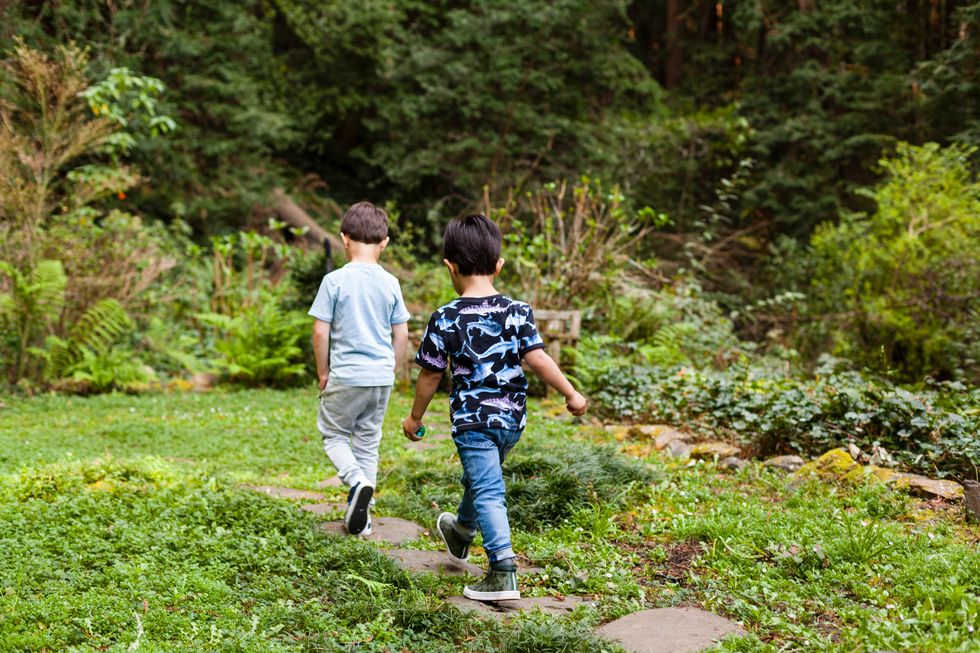
WHERE
I know parents who are turning their homes, garages, backyards, and even the great outdoors (forest school is something you can totally do in states like California) into a pod school. We decided we wanted our kids to meet up at the same spot each day for some semblance of routine and normalcy, so we are using a small community clubhouse for our pod. They will meet there Monday through Thursday, then use Fridays as "adventure days" to go exploring somewhere in the great outdoors. I also know a lot of families that are using a different home each day (so you only have to work from home with your kids in tow one day a week).
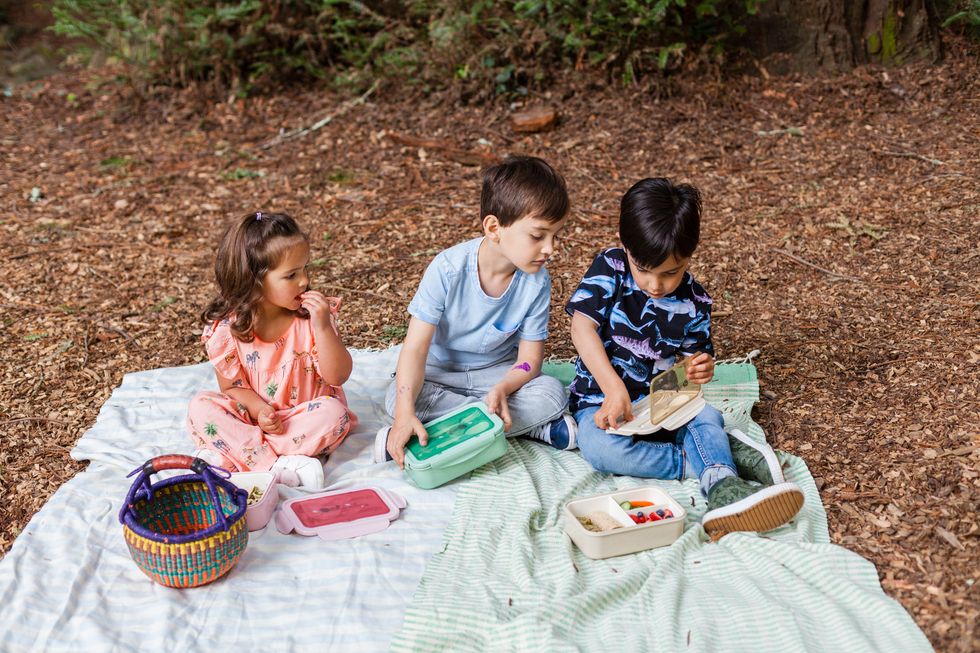
WHAT
I've had some major anxiety about whether or not my kids will fall behind again (another experience like last spring? no thanks!), but now I'm feeling like the curriculum we've cooked up is going to be not only educational, but super fun! In fact, I'm feeling encouraged that they may actually be AHEAD of where they should be by the end of the school year. The opportunity to have such focused attention and customized learning is something unusual in the public school system. We're considering adding in elements beyond reading, writing, and math that are much different than what traditional schools may offer: LEGO Stem classes, baking, robotics, yoga, gymnastics and so much more. Um, can I please sign up too!? My kids are at an age where this kind of learning can open up their minds in whole new ways and I'm super excited to see where this year takes them. More than anything, I hope they *love* school more than ever. At such a young age, it's so important to build an attitude that learning can be fun!
If you're looking for more traditional lesson plans, Teachers Pay Teachers is an online platform where teachers share inexpensive distance learning materials. You can also check out these online resources and Outschool is great for affordable 45-minute classes about things like robotics, how electricity works, the weather, and languages.
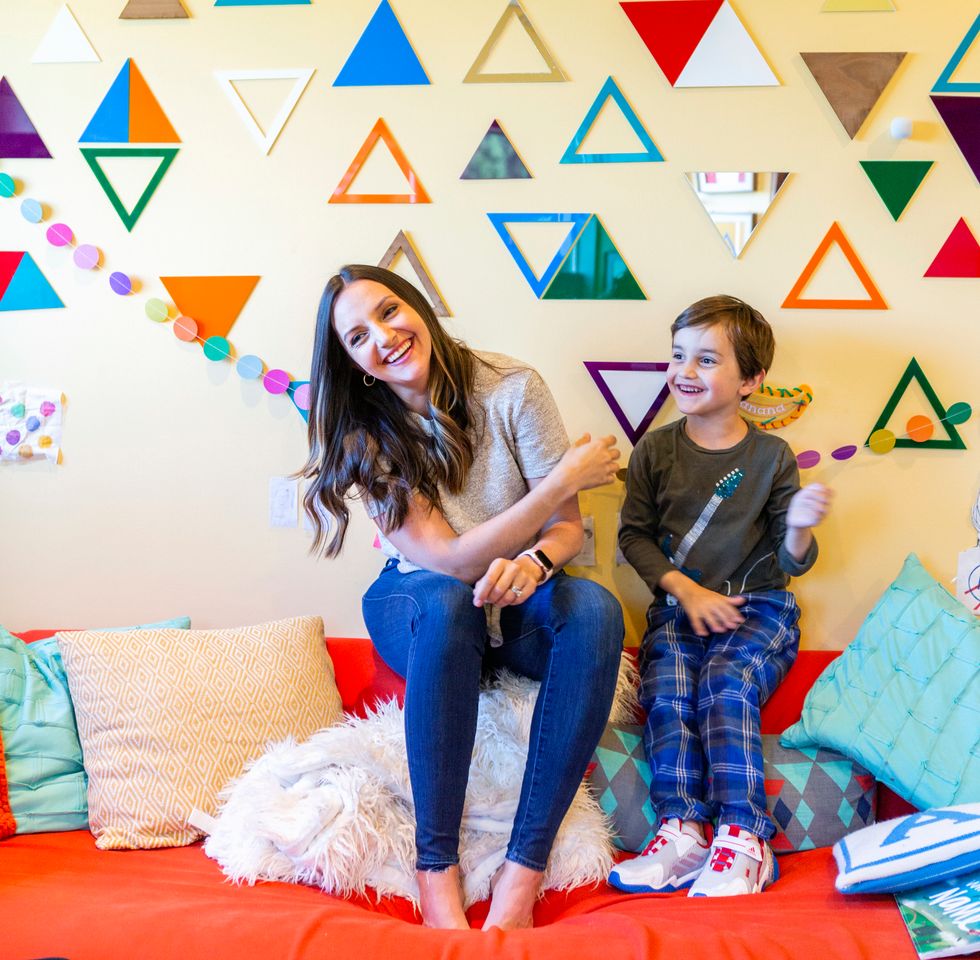
WHEN
We'll keep the time to regular school hours, which for us is 9am-1:30pm. The little ones will go home for naps and the older kids can stay for the extracurriculars, like Spanish, art, and soccer, where we'll bring in friends and parents or local experts to teach what they know.
Kids love to learn from doing everyday things, so not being in a traditional classroom is something I'm starting to look forward to in the coming year. None of this is ideal, and it can be scary as I read the headlines, but we're making the best of it and finding the silver linings along the way.
Are you starting a pod in your community? Share with me @brit!


